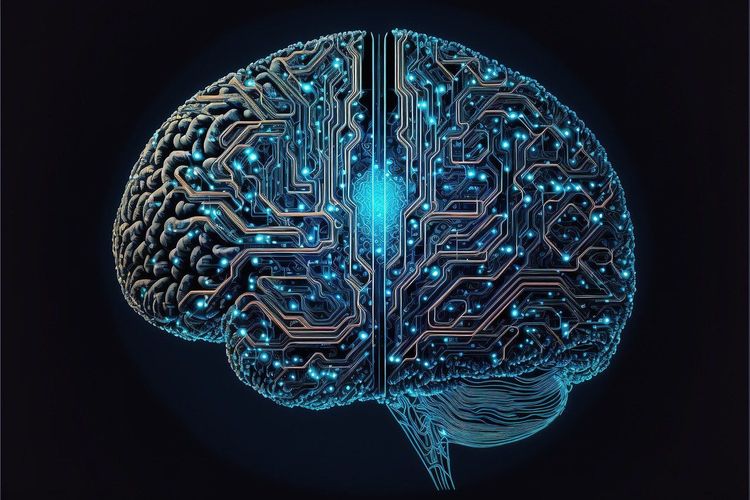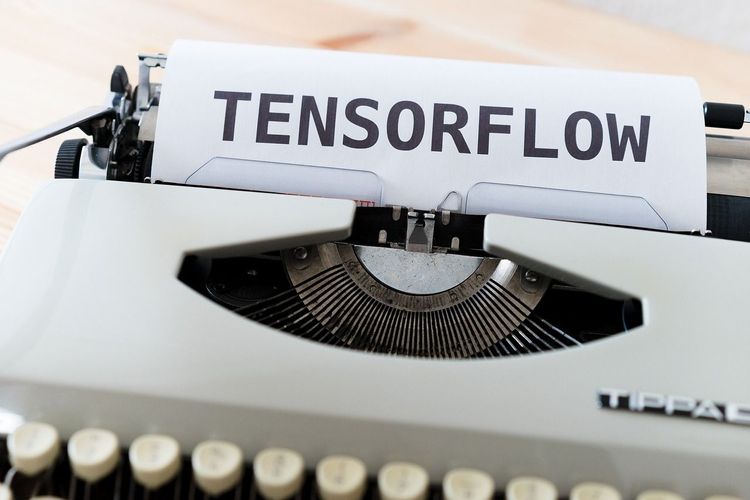AI is rapidly advancing, set to revolutionize the workplace in ways that seemed like science fiction just a few years ago. A notable example is Google’s updated NotebookLM, an AI-powered research assistant and note-taking tool that now includes an Audio Overview feature, transforming documents into engaging audio discussions. In a recent ArsTechnica article, Kyle Orland shared how he utilized this feature to create a compelling 12.5-minute podcast-style conversation about a book he authored—featuring dialogue between two fictional characters.
This showcases a broader trend: AI is evolving to replicate human-like behaviors, fundamentally altering business operations and how employees engage with technology.
Are You Ready for AI Agents?
NotebookLM leverages Google’s Gemini generative AI large language model (LLM) alongside its new AI-generated voice capabilities. Graham Barlow from TechRadar remarks on its effectiveness, noting, “The bots talk with passion and authority, sounding engaged and natural—complete with human-like nuances such as sniffs, mispronunciations, and giggles.” This exemplifies the transformative potential of AI.
A Pioneering Example
An illustration of NotebookLM’s capabilities is a podcast generated from an article about Tai Chi by Graham Barlow. .
Despite the advancements, challenges like AI hallucinations and biases in training data persist. As these issues are resolved, the role of AI will evolve from automating simple tasks to fundamentally reshaping workflows, business operations, and employee interactions with technology.
The Future of Work in 2030
1. AI Agents as Team Members
By 2030, AI agents will be integral to enterprise functions, acting as collaborative team members rather than mere task handlers. These software entities will autonomously manage complex tasks, particularly in customer service, logistics, and project management, providing real-time insights to human workers.
2. Rise of Digital Humans
Digital humans—lifelike, AI-powered avatars—are set to reshape customer service and sales. Equipped with advanced facial expressions and natural language processing, they will serve as customer service representatives, capable of understanding and addressing customer needs more effectively than traditional support systems.
3. Conversational AI Interfaces
By 2030, human-like interactive speech will be commonplace in customer service and meetings. AI voices, like those found in ChatGPT’s Advanced Voice Mode, will facilitate seamless communication, enabling dynamic interactions.
4. AI in Decision-Making and Leadership
AI will enhance decision-making by offering leaders real-time insights, predictive analytics, and strategic support. Digital assistants may even participate in leadership meetings, providing timely suggestions that streamline organizational strategies.
5. AI-Enhanced Innovation
AI-driven simulations and predictive modeling will be crucial for testing new products and market strategies. By fostering dynamic discussions, AI will aid in creative brainstorming, pushing the boundaries of innovation across various industries.
6. Evolving Job Roles and Skills
As AI automates routine tasks, job roles will shift toward oversight and human-centered skills. New careers will emerge, emphasizing the importance of creativity, critical thinking, and emotional intelligence—qualities that AI cannot replicate.
Preparing for an AI-Driven Future
With AI technologies like Google’s NotebookLM and OpenAI’s Advanced Voice Mode, industries are positioned for significant transformation. According to Sequoia Capital, sectors that rely on human creativity—from marketing to architecture—are ripe for reinvention. Companies adopting AI early, such as Moderna with ChatGPT, are already experiencing operational improvements.
While there is concern over AI replacing jobs, many employees, including 93% of Goldman Sachs interns, believe AI will enhance their roles rather than eliminate them. As the saying goes, “AI won’t replace employees, but employees who use AI will replace those who don’t.” A study from Microsoft and LinkedIn underscores this sentiment, revealing that 71% of business leaders prefer hiring candidates with AI skills over more experienced candidates without them.
To navigate this transition, businesses must invest in reskilling initiatives and establish robust AI governance frameworks. Effective accountability, bias mitigation, and data privacy standards will cultivate trust between AI technologies and human users.
As we approach this pivotal moment in workplace evolution, the landscape of 2030 will be dramatically different. The synergy between human creativity and AI will define the future, ensuring that organizations and individuals who embrace AI as a partner will succeed in this new environment.
About the Author
Gary Grossman is the EVP of the technology practice at Edelman.
Stay Informed
DataDecisionMakers is a platform for experts to share insights and innovations in data technologies. Join us for cutting-edge ideas and best practices in the data-driven landscape. Consider contributing your own article!







